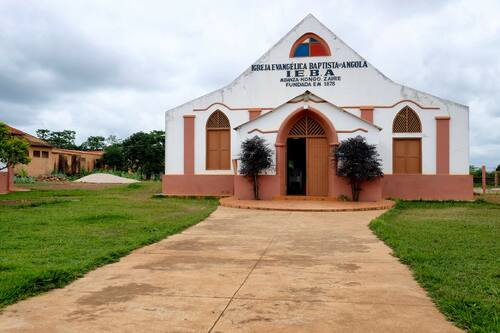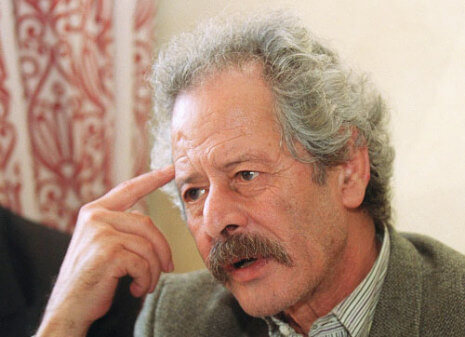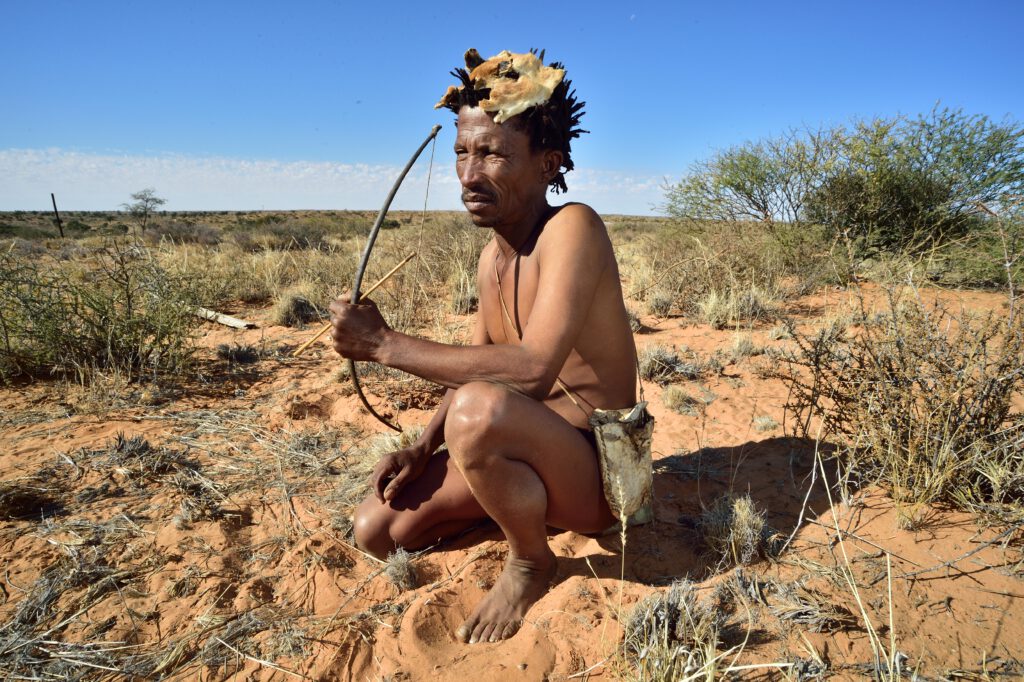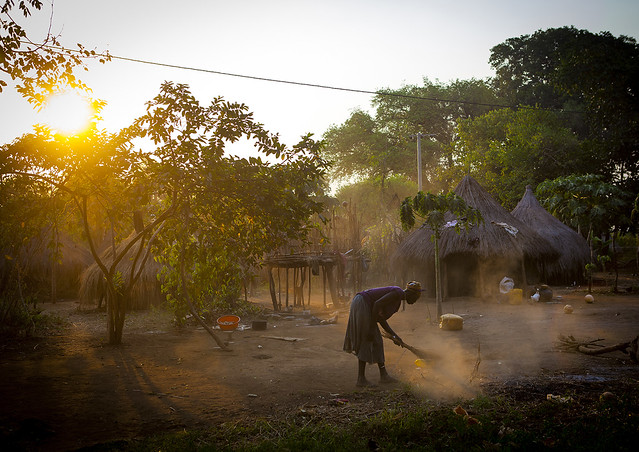During Africa’s struggle to be free, and as Angola’s Portuguese colonial system crumbled, a scramble brought rival forces into the field fighting for advantage in the independence that was sure to follow. I ventured into that maelstrom from neighboring Congo to assess what relief supplies might be useful to the victims of that strife in northern Angola. Red, gravel roads across the highlands brought me to the town of Sao Salvador, now M’banza-Kongo, seat of the ancient Kongo kingdom and today a UNESCO world heritage site for its 16th cent. ruins.
I sheltered one night with a local pastor who dragged me out of bed in the wee hours as mortar shells rained down on a sleepy town. We huddled in an interior bathroom as we listened to the whistle of munitions arcing over our tin roof and exploding randomly around us. When the night fell silent again, we crept back to our beds until the crowing of roosters wakened us at dawn.

We ventured out to meet townsfolk for whom the night’s bombardment seemed like the nuisance of a neighbor’s dog baying at shadows. Hardly worth a mention. But they lamented lack of wherewithal to venture into their manioc fields and gardens, they said, as we drank tea. As happens in war, a hunger season lay in waiting. Our meander brought us finally to the church pastored by my host. It had not fared well during the weeks of shelling. The roof was partially torn away. Several walls had collapsed, but the premises were neatly swept. Splintered benches were evidently still in use.
Then my host told a story. His predecessor had been a mainstay in the community, rallying the town in the midst of privation and raids by cruel militants in the surrounding bush. One day they came for him knowing how he had lent his strength to beleaguered neighbors. They demanded that he cease his service to the town, that he tend his garden in silent retreat and leave the townsfolk to them. This, he said humbly, he could not do since he regarded their care and his service as a sacred, not a mundane, calling. With a burst of gunfire they cut him down and as a brutal warning to the town dumped his body in the baptismal pool now become a grave. The concrete beneath my feet was freshly poured. I was standing on the epicenter of this unsettling story.
But the story was told not for effect or to elicit empathy. It was told matter-of-factly, as though to include me as witness to something extraordinary, told as though to insist upon the conclusion that gunfire inspires little nobility or goodness. But surpassing the chatter of weapons, the patch of fresh concrete seemed to say, there is an irresistible strength of heart to which this strange grave and its occupant gave witness. The community still gathers, sitting in those benches, now repaired, gazing up through rafters, since restored. They remember the flinty courage marked by that patch of concrete, which for them, has become a cathedral crypt, not of medieval saint, but of a selfless neighbor who walked a demanding path in self abandon to its end, and with a rare faith.
Some weeks later, at the cusp of planting season, I returned to the outskirts of that town with hoes, machetes and seeds. But for all that, having taken affectionate leave of those Angolan friends, I drove away knowing myself to be debtor to the custodians of such a story.



Thank you for sharing about the holy ground in Angola. I have been witness to other such holy ground in Uganda and Burundi, Rwanda and South Africa, where followers of Jesus chose death over betrayal of others. God be praised, may we follow in their footsteps. Gann Herman
These stories of quiet heroism must continue to be told and remembered. Thanks Jonathan for another superbly crafted story! Blessings,
Frances Boston
Thank you, Jonathan, for this very informative email. I appreciate this contact with you. Itâs difficult to know how to respond besides to pray and hope for people to remain faithful and courageous.
I understand you have moved but I have no idea where to or what your address is. I hope things are going well with you and Mary Kay and your family. Iâm going to attach my Christmas letter if I can figure out how to do it. I have several contacts in the Eastern States so if I ever have a chance to come your way I would like to try to get in touch with you.
Go tsamaya ke go bona, Rra Diane.